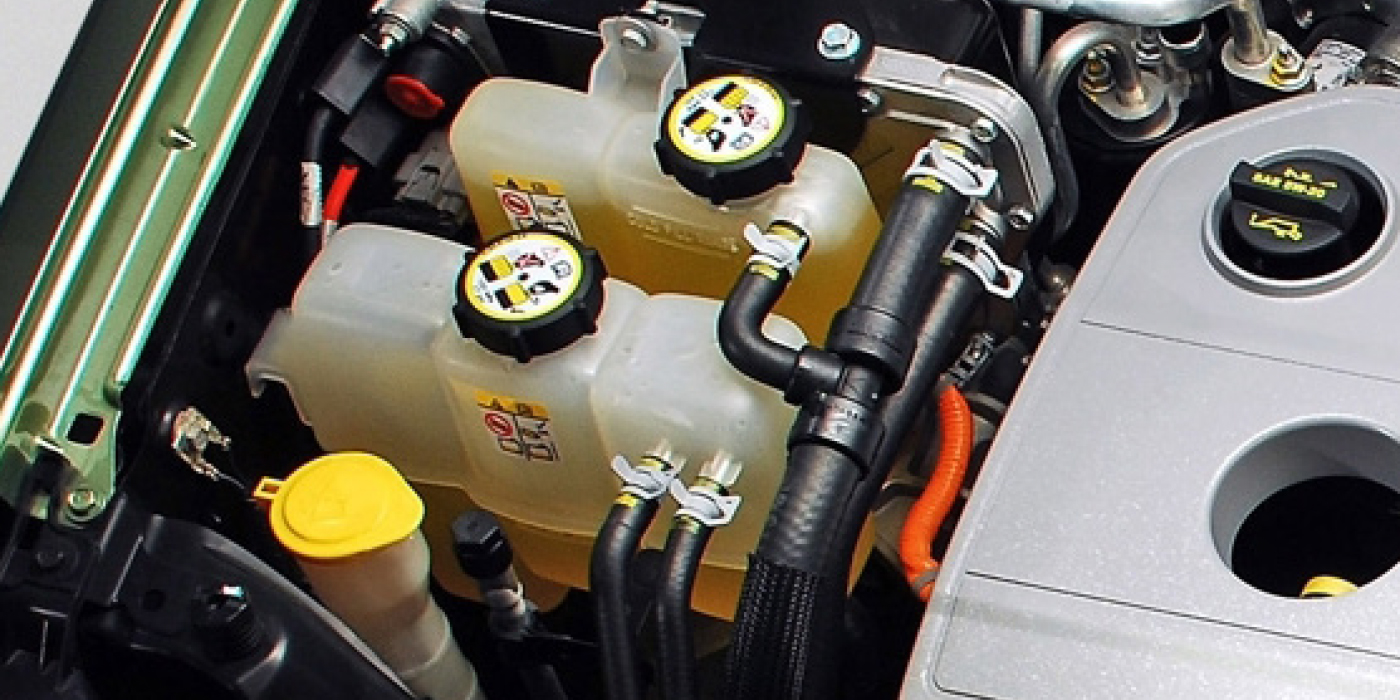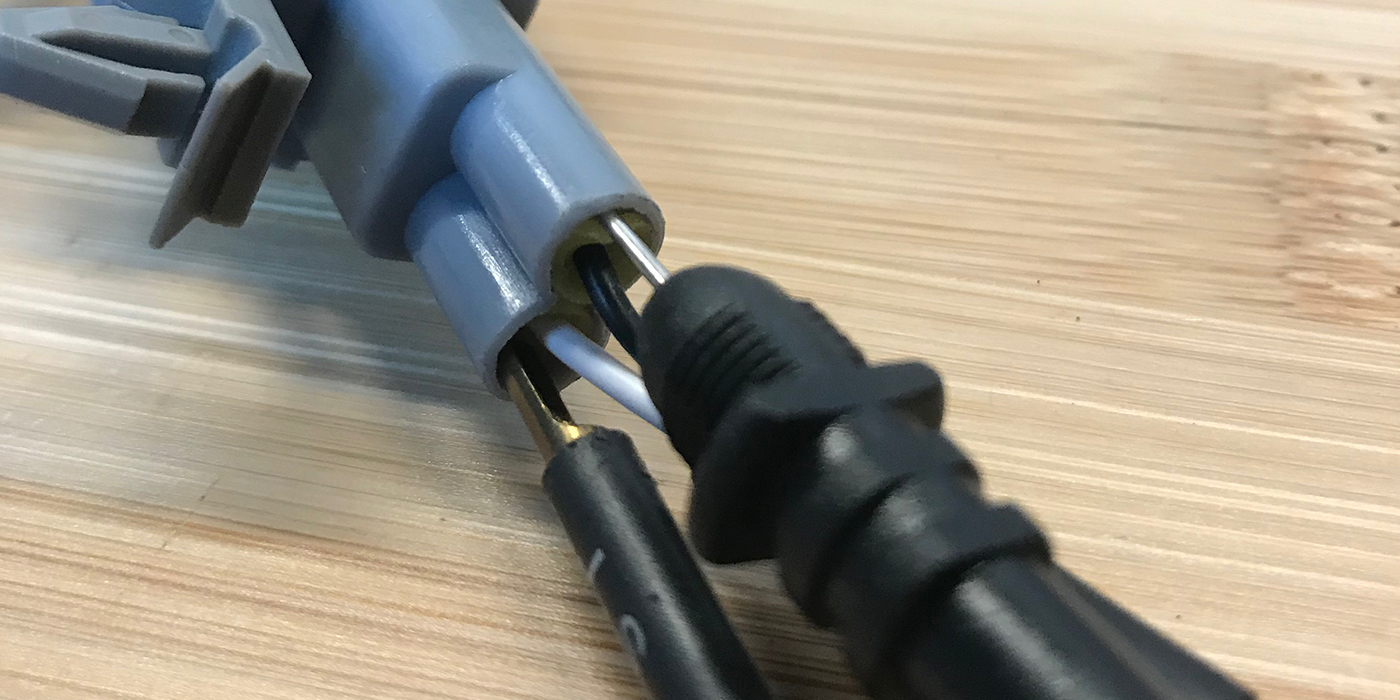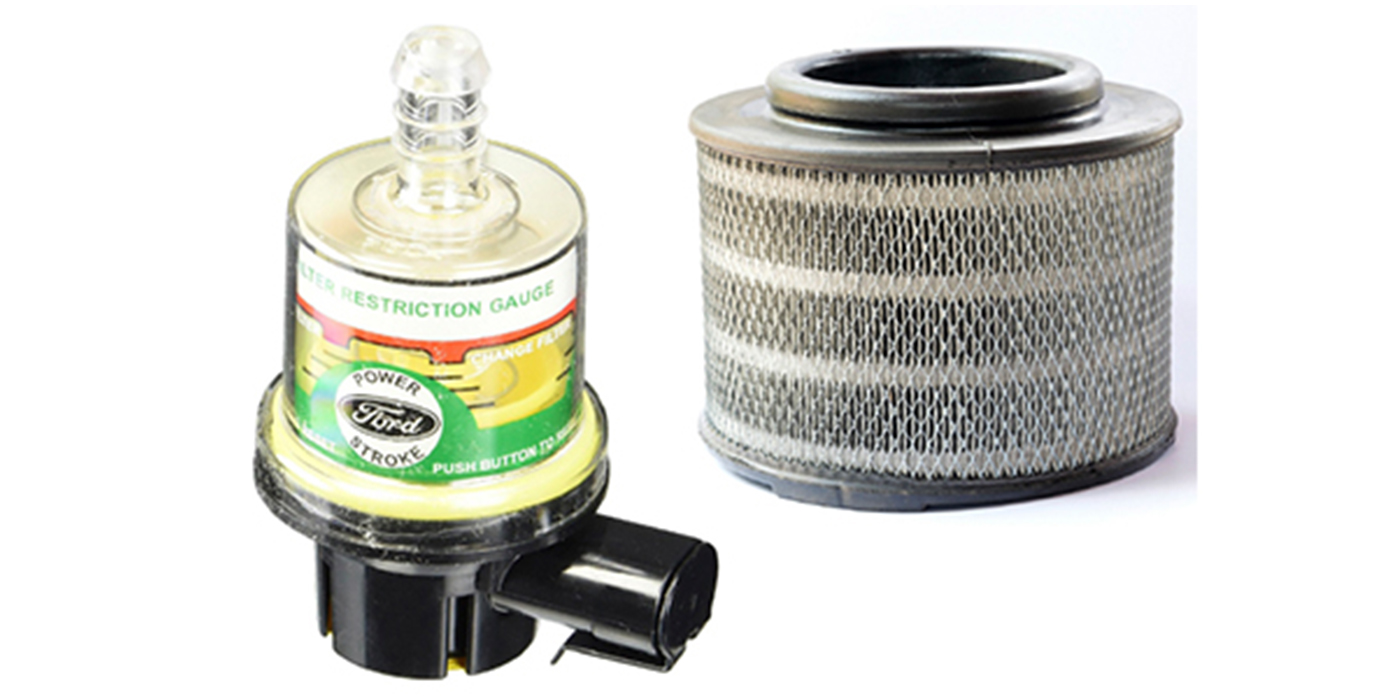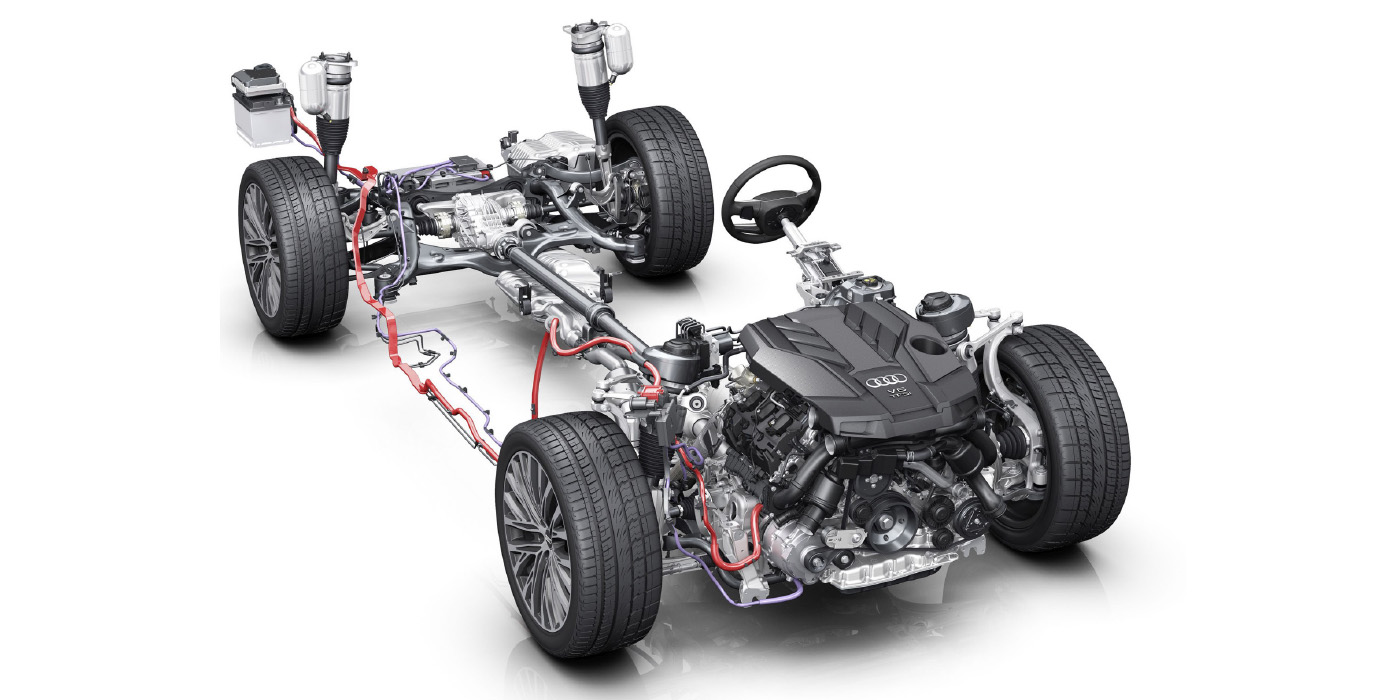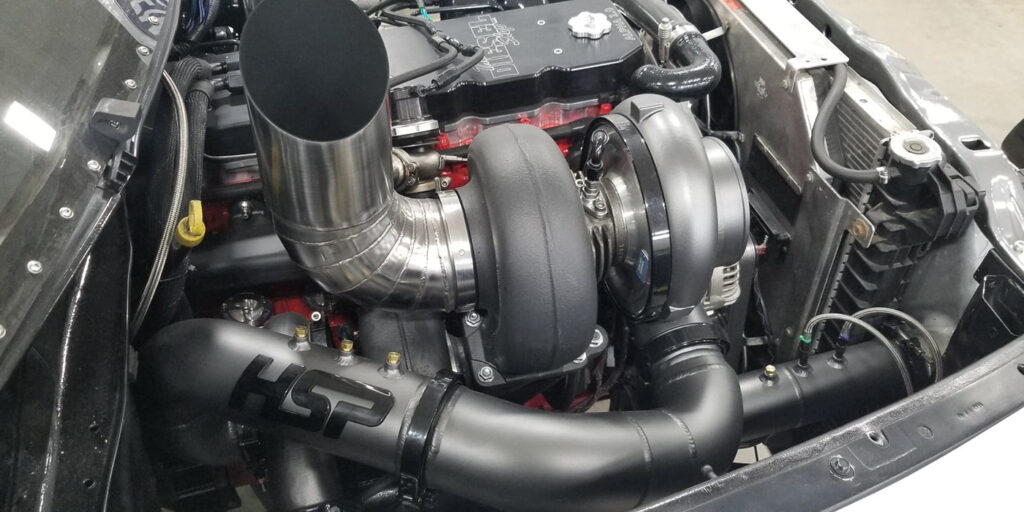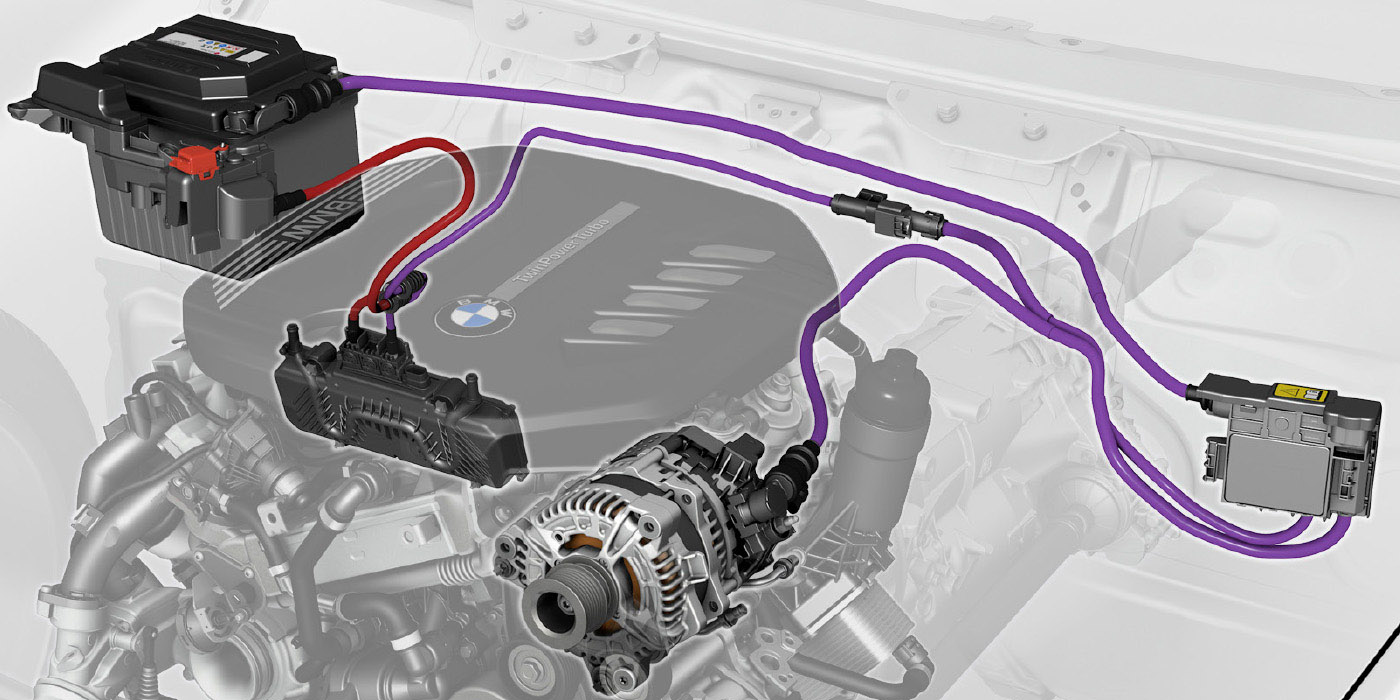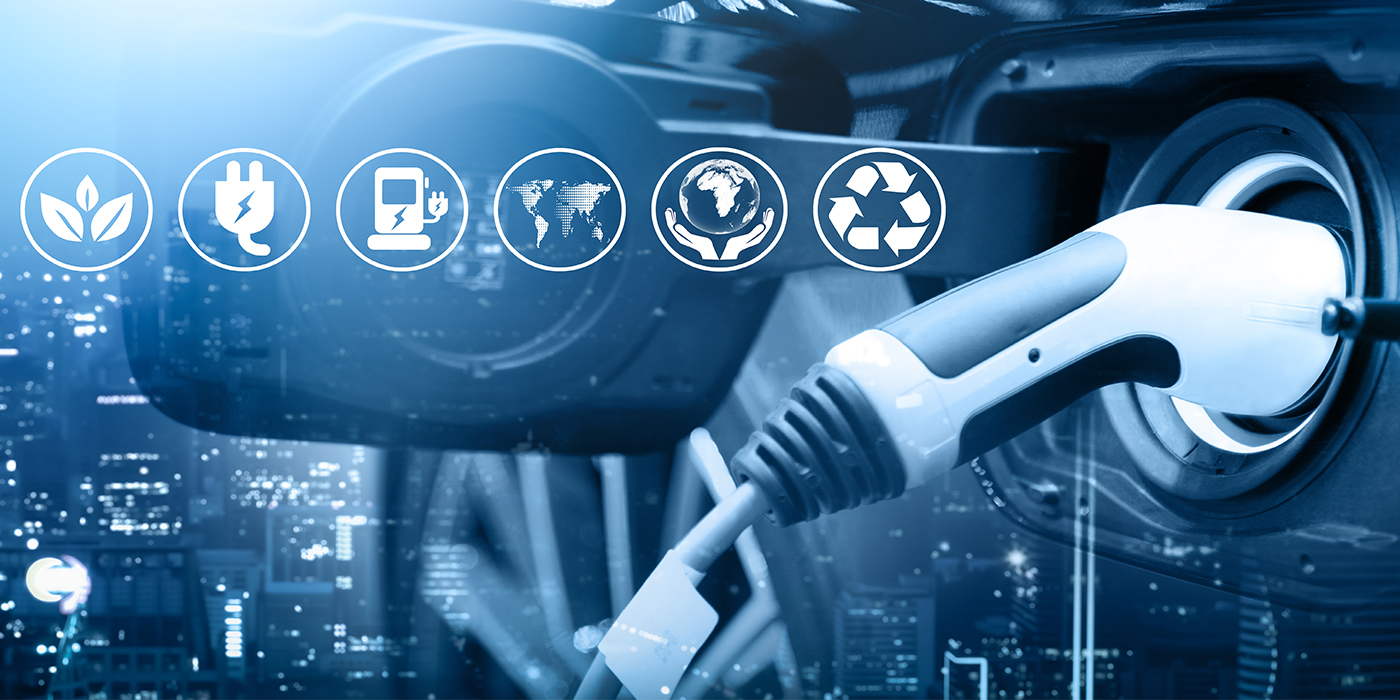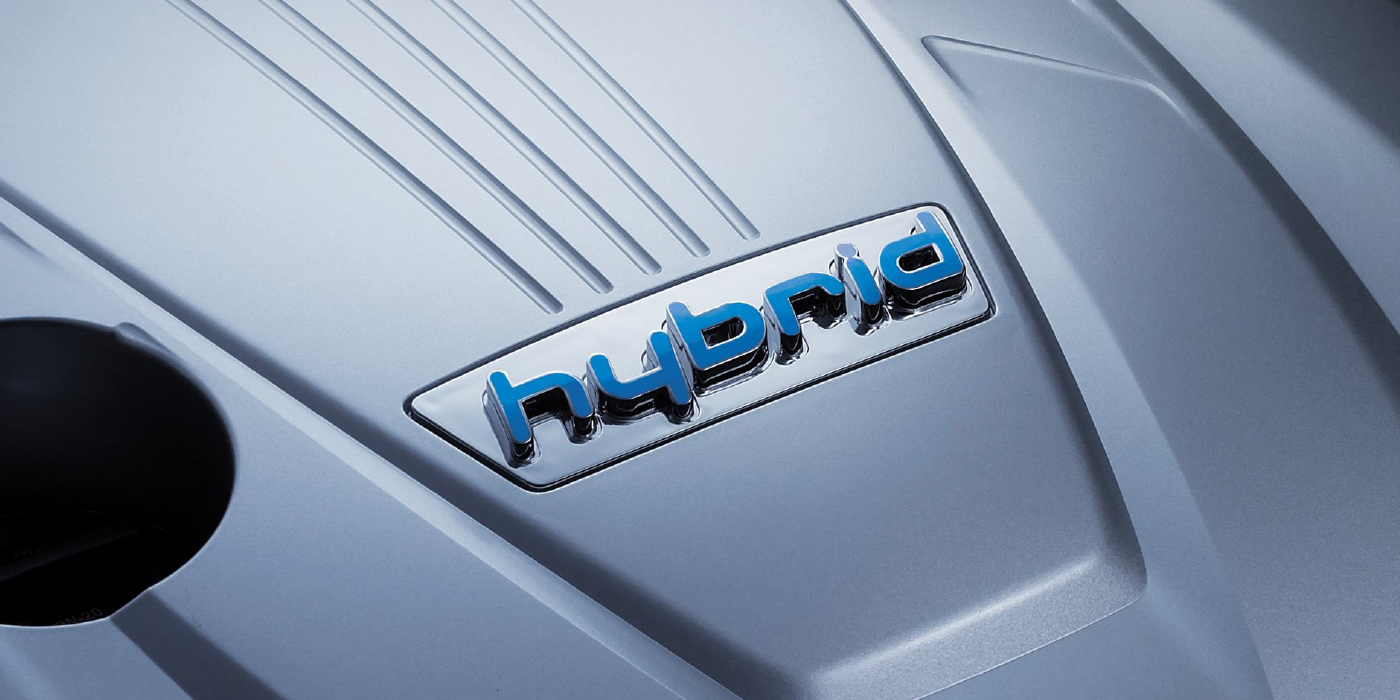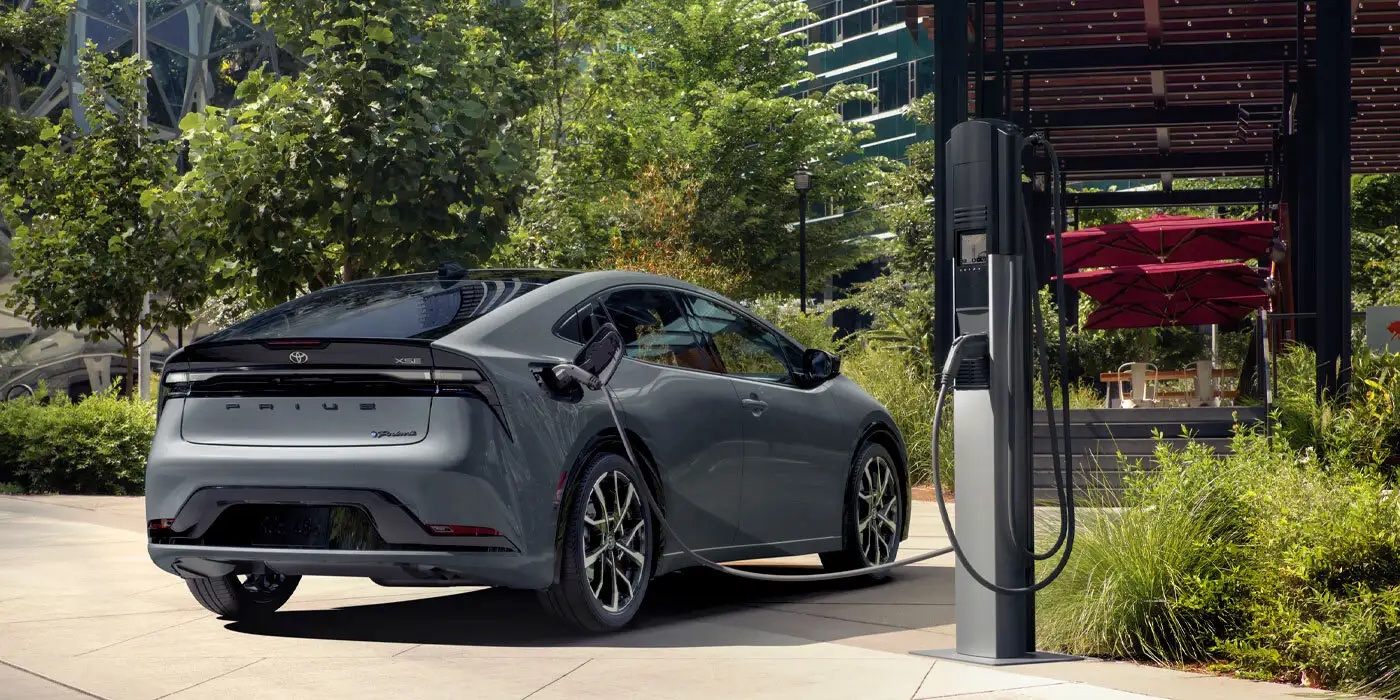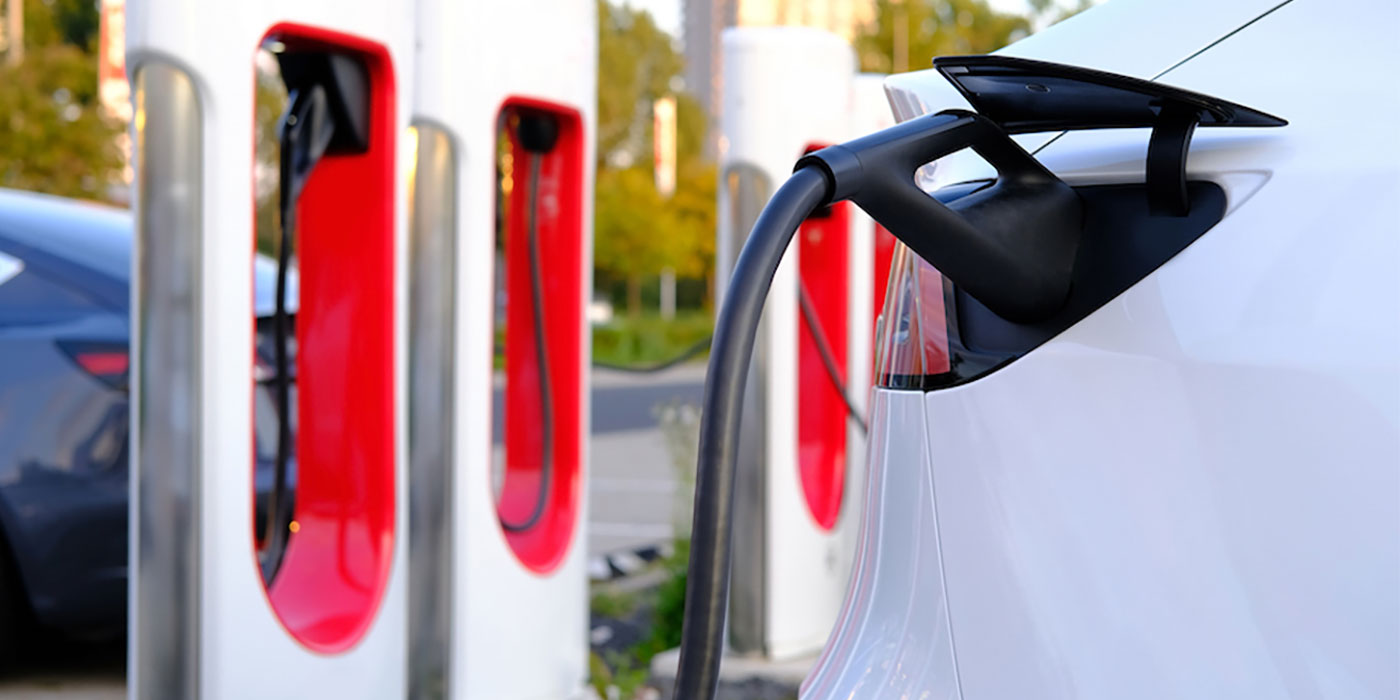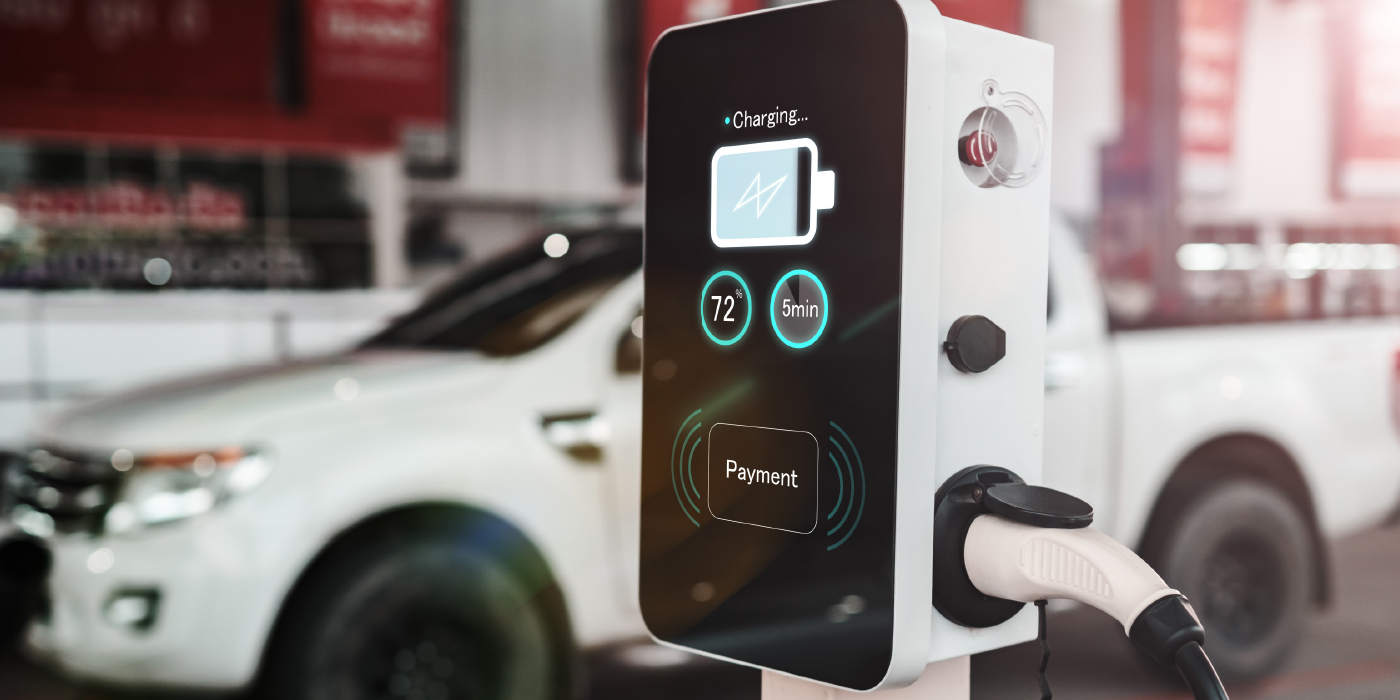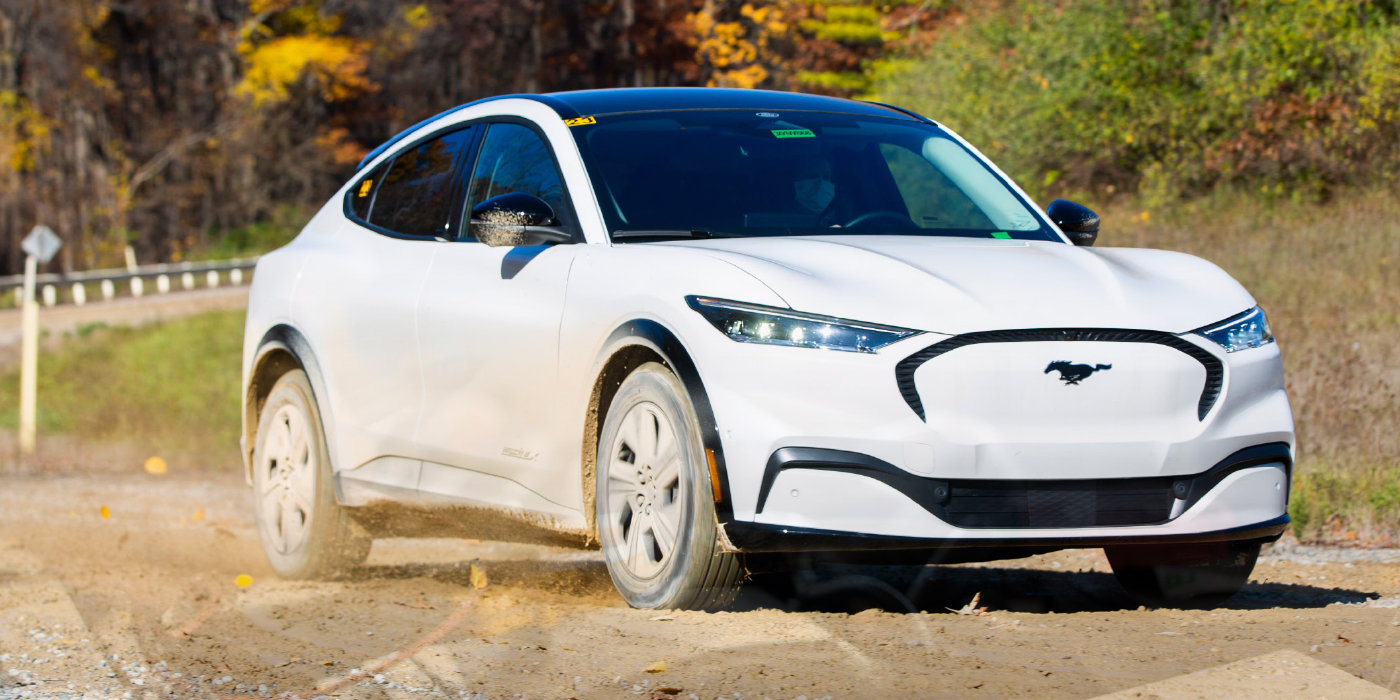Despite continued heavy investment by automakers in electric propulsion technologies, global automotive executives reportedly don’t expect electric car sales to exceed 15 percent of annual global auto sales before 2025. That’s according to the 13th annual global automotive survey conducted by KPMG LLP, the U.S. audit, tax and advisory firm.
In polling 200 C-level executives in the global automotive industry for the 2012 automotive survey, KPMG found that nearly two-thirds (65 percent) of executives don’t expect electrified vehicles (meaning all e-vehicles, from full hybrids to FCEVs) to exceed 15 percent of global annual auto sales before 2025. Executives in the U.S. and Western Europe expect even less adoption, projecting e-vehicles will only account for 6 percent to 10 percent of global annual auto sales.
"Electric vehicles are still in their infancy, and while we’ve seen some recent model introductions, consumer demand has so far been modest," said Gary Silberg, National Automotive Industry leader for KPMG LLP. "While we can expect no more than modest demand in the foreseeable future, we can also expect OEMs to intensify investment, fully appreciating what is at stake in a very competitive industry."
Automakers Inject Investments into Range of Electric Technologies
Despite the relatively modest sales projections for electric vehicles over the next 15 years, automotive executives in the KPMG survey indicate that a wide range of electric technologies will be an increased focus of their investment matrix. In fact, over the next two years:
• 83 percent say automakers will increase investment in e-motor production;
• 81 percent say investment in battery (pack/cell) technology will rise
• 76 percent expect increased investment in power electronics for e-cars, and;
• 65 percent predict increased investment in fuel cell (hydrogen) technology.
Additionally, executives expect that hybrid fuel systems, battery electric power and fuel cell electric power will be the alternative propulsion technologies to attract the most auto industry investment over the next five years.
Placing Bets ‘Across the Board’
"What’s interesting is that automakers are placing bets across the board, and large bets at that, because no one knows which technology will ultimately win the day with consumers," added Silberg.
"In last year’s KPMG survey, execs told us it would be more than five years before the industry is able to offer an electric vehicle that is as affordable as traditional fuel vehicles for mainstream buyers. It will be interesting to see how consumer adoption progresses as automakers discover ways to offer these electrified cars at better price points and the infrastructure for these vehicles becomes more robust and accommodating," he said.
However, despite all the investment and energy being focused on electric platforms, nearly two-thirds (61 percent) of executives say the optimization (so-called downsizing) of internal combustion engines (ICE) still offers greater efficiency and CO2 reduction potential than any electric vehicle technology based on the current energy mix.
No Clear Electrified Propulsion Winner Yet
When asked to name the electrified propulsion technology that will attract the most consumer demand until 2025, auto executives were as mixed as their projected investments, KPMG says. In fact, the variation in response rates between fuel cell electric vehicles (20 percent), battery electrified vehicles (16 percent), full hybrids (22 percent), plug-in hybrids (21 percent) and battery electrified vehicles with range extender (18 percent) was slight.
According to KPMG’s Silberg, "The industry faces a tough decision about whether to place more trust and resources in fuel cell or battery vehicle concepts, and these results show that it’s way too early to call right now. Clearly hybrids, whether plug-in or full, are more mature and have more market presence, but this battle for the dominant technology platform will continue for years to come."
For more on the KPMG Global Automotive Executive Survey 2012, click here.

